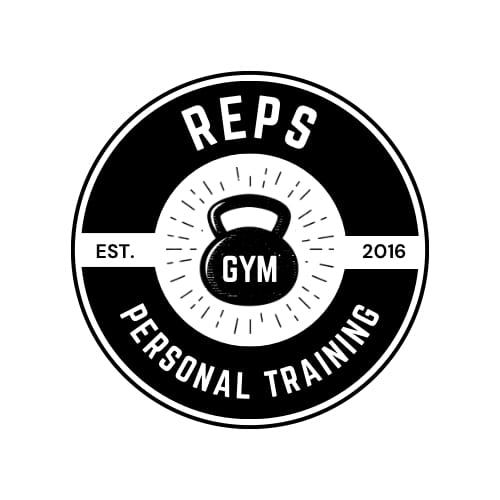
The Benefits Of Exercise On The Youth
- David Polomie

- Nov 11, 2023
- 2 min read
Exercise is an essential part of a healthy lifestyle for people of all ages, and pre-teens are no exception. In fact, regular physical activity is particularly important for this age group as it can have numerous benefits for their physical, mental, and emotional well-being. From improved physical fitness to better academic performance, there are plenty of reasons why exercise is vital for pre-teens.

One of the main reasons why exercise is good for pre-teens is that it helps them build strong and healthy bodies. Regular physical activity can help them develop strong muscles and bones, which is particularly important during the pre-teen years as their bodies are still growing and developing. Additionally, exercise helps to improve cardiovascular health, which can reduce the risk of developing chronic diseases later in life.

In addition to the physical benefits, exercise also has a positive impact on mental and emotional well-being. Physical activity has been shown to reduce symptoms of anxiety and depression, and can improve mood and self-esteem. For pre-teens who may be navigating the challenges of adolescence, exercise can be an important tool for managing stress and promoting mental and emotional resilience.

Furthermore, regular exercise can also have a positive impact on academic performance. Studies have shown that physical activity can improve cognitive function and concentration, which can lead to better academic outcomes for pre-teens. Moreover, exercise can also promote better sleep, which is important for overall health and well-being, as well as for academic performance.
Engaging in physical activity also provides opportunities for pre-teens to socialize and develop important social skills. Whether it's playing sports with friends or participating in group exercise classes, exercise can help pre-teens build relationships and develop teamwork and leadership skills.
It's important to note that pre-teens should be encouraged to engage in a variety of physical activities, including both aerobic exercise (such as running, swimming, or dancing) and muscle-strengthening activities (such as push-ups, sit-ups, or lifting weights). Additionally, it's important for pre-teens to find activities that they enjoy and that fit their interests and abilities, as this will increase the likelihood that they will continue to participate in physical activity as they get older.

In conclusion, exercise is incredibly beneficial for pre-teens and should be an important part of their daily routine. From physical health to mental well-being, the benefits of regular physical activity for pre-teens are numerous and far-reaching. By encouraging and supporting pre-teens to engage in regular physical activity, we can help them develop healthy habits that will benefit them throughout their lives.




Comments